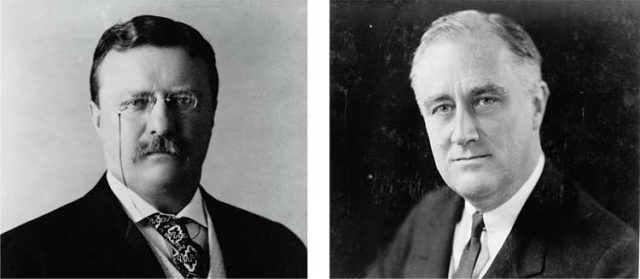Note to myself: Stop making political predictions on stage.
Last month, during a live political roundtable, I predicted that the voters of Chicago would elect the tough-on-crime candidate as their next mayor. I thought a city of famously pragmatic Democrats would say now is the time for cracking down on the crime that has smeared that city’s good name (at least on Fox News). But shortly after I made my public prediction, Windy City voters elected the other guy by a narrow margin. And who knows? Maybe he’ll have the magic solution. And if he doesn’t, he’ll be turfed by the voters like his predecessor.
If his plans don’t work, try something else. We might finally be starting to see that approach here in San Francisco.
Elsewhere in this issue, real estate columnist Garey De Martini shares feedback from real estate agents who fret that city leaders aren’t doing anything to address the quality of life problems in the city. The frustration is real, and I think it’s widespread — not just on the Wild West of NextDoor.com but in comments from neighbors and colleagues and Lyft drivers. I think the key to success will be our willingness to drop ideological conformity and find what works.
FOOD FIGHT
Cities across the country are coming out of the pandemic bruised and accused. High crime rates are starting to settle down here and elsewhere, and attention is turning to repairing downtowns and business corridors. Locally, the trio of Mayor London Breed, District Attorney Brooke Jenkins, and Board of Supervisors President Aaron Peskin is starting to get tough on the drugs-and-crime bazaar in the Tenderloin. Now, maybe the city should do more of that and less creation of open-air drug markets. True. But they’re taking baby steps; those might be the first steps toward actually trying workable fixes. Getting our police force up to a voter-mandated headcount might be another good step, as Supervisors Matt Dorsey and Catherine Stefani are seeking to do through a charter amendment that voters could see in 2024.
If something’s not working, fix it. What we’ve been doing hasn’t worked.
The popular view of Franklin Roosevelt’s New Deal (announced, by the way, here in San Francisco at a famous Commonwealth Club speech) is that FDR had a grand plan to fight the Depression, and that he knew exactly what he wanted to do. But the reality, as he himself pointed out, was that he was willing to just keep trying new things until something worked. He was basically throwing spaghetti at the wall to see if it would stick.
FDR wasn’t an ideologue. Though his bag of tricks borrowed heavily from the left and relied on greatly expanding the size and role of the federal government, he wasn’t acting to fulfill some Marxist plan for the destruction of private property rights. In fact, he’s been credited by some historians as having saved capitalism from itself (such scholars include Seymour Martin Lipset and Gary Marks of the conservative Hoover Institution, who wrote an article titled “How FDR Saved Capitalism”).
It’s an idea that was addressed quite directly by another American president, also a Roosevelt. Teddy Roosevelt was a fifth cousin of FDR, and he was a Republican. In a 1911 speech — to The Commonwealth Club, I kid you not — Teddy Roosevelt laid out his plan for protecting the environment from uncontrolled industrial development. His pitch was quite straightforward: He was saving capitalism from the mistakes of its most rapacious leaders.
If the Roosevelt cousins combined to save capitalism from itself, could there be local leaders who could innovate enough to save San Francisco from itself?
THE LOCAL MENU
Some San Francisco politicians act like they deeply believe that the police and the market economy are the root causes of crime, and we’d be better off with something like Teletubbies on street corners trying to dissuade international drug traffickers. It’s possible I’m exaggerating, but probably not much. We’ll know we’re making progress when those politicians start to support replacing the Teletubbies with trained police officers. They don’t even have to personally believe it; they might continue to privately want Tinky-Winky and Dipsy flashing badges.
But that’s O.K.; the point here is to end up with better policies that leave everyone — of all backgrounds, incomes, races — safer and better able to enjoy the good life San Francisco has to offer.
It’s possible things will improve on their own without bold new ideas. I doubt it, and I think less performative posing and more new ideas will be most effective in rejuvenating San Francisco and other American cities in the postpandemic era. Just don’t expect me to make that prediction on stage anywhere.
Feedback: [email protected] Author: [email protected]





